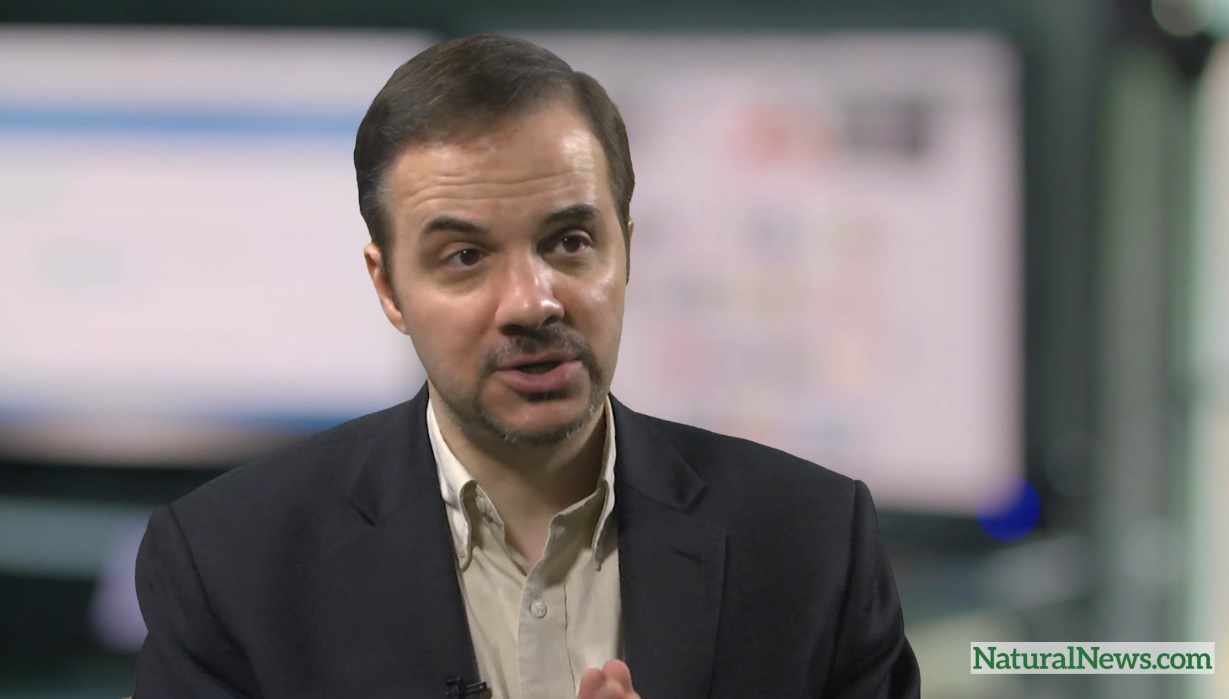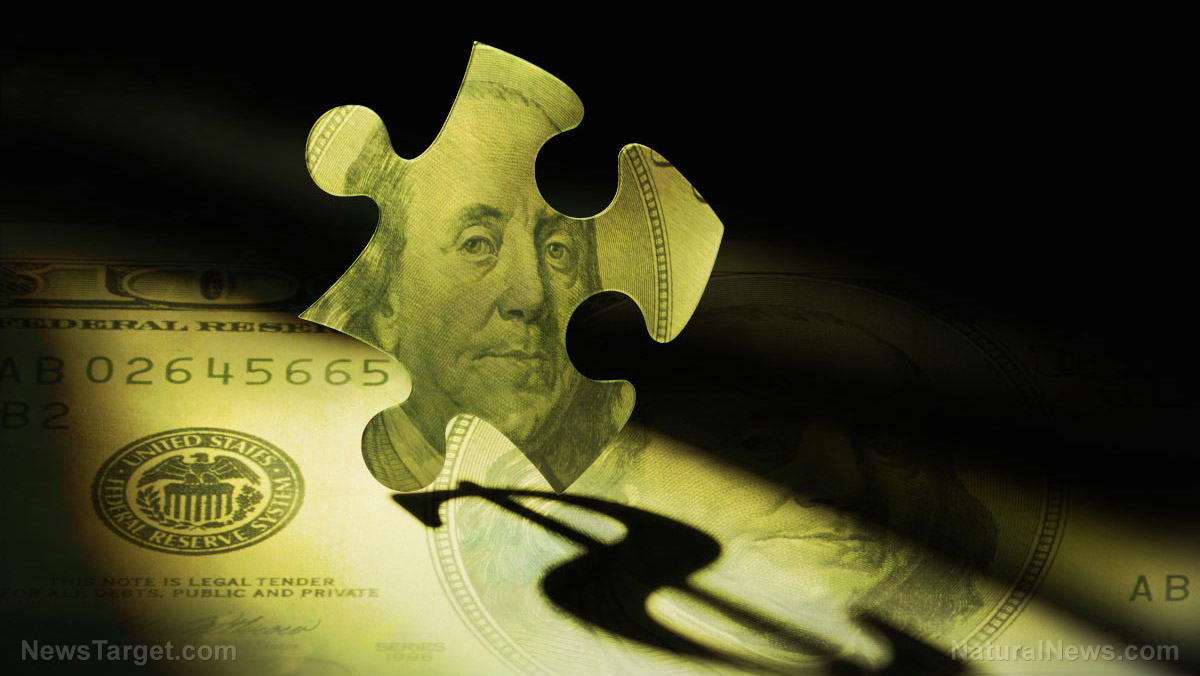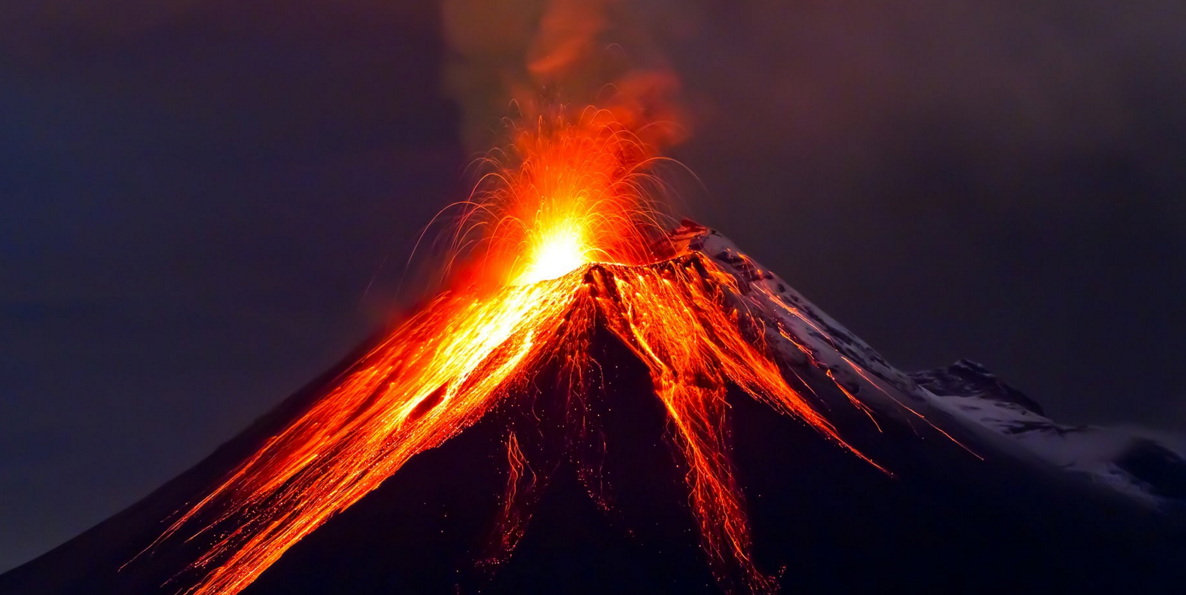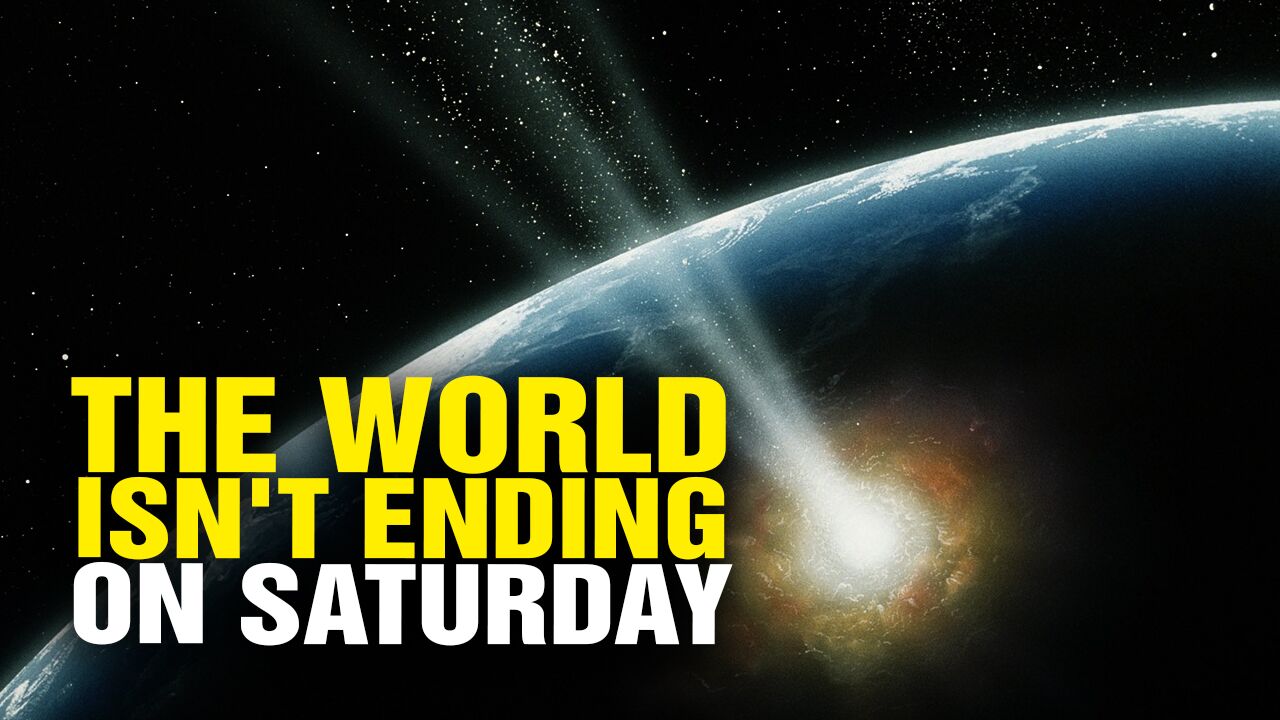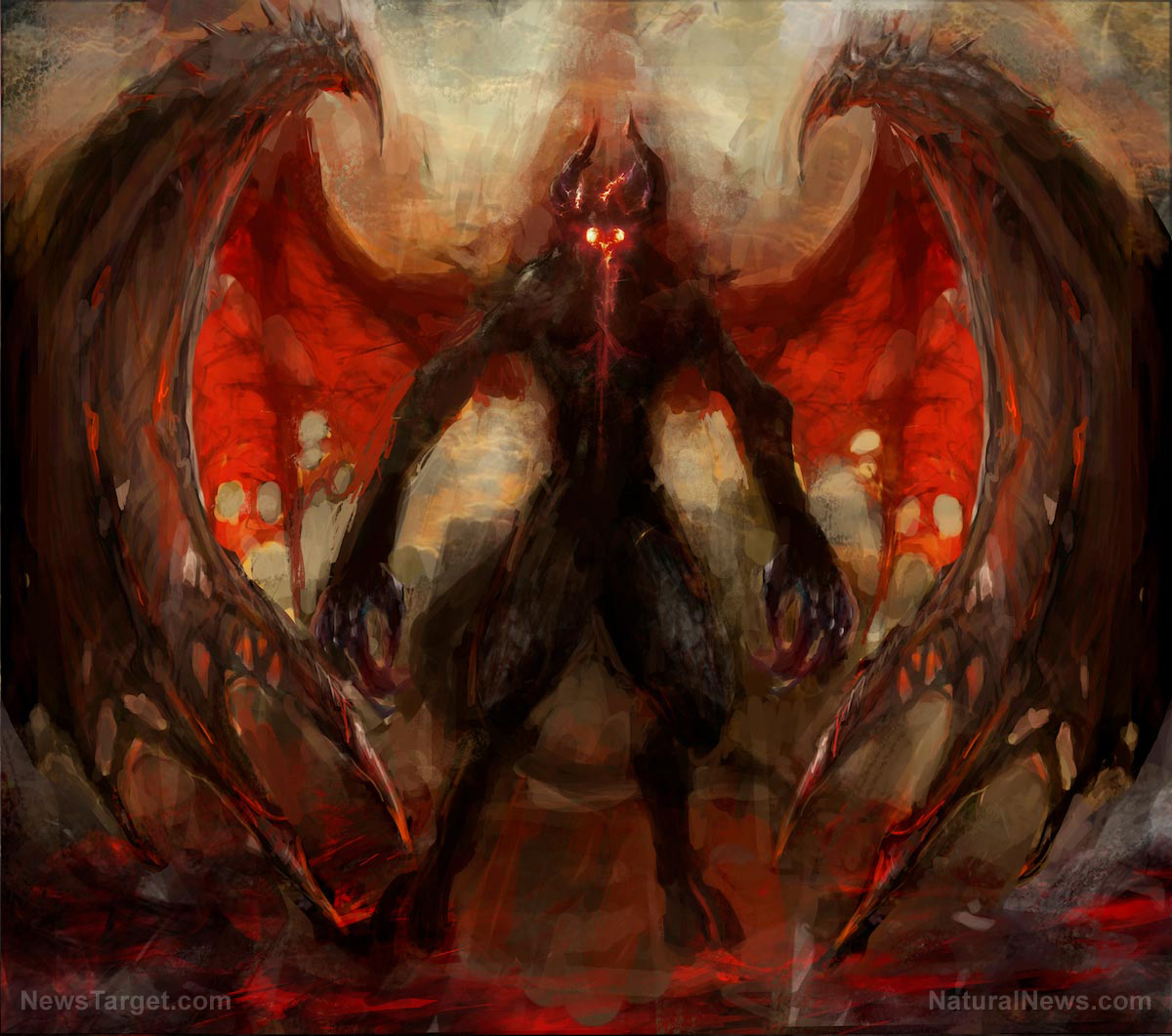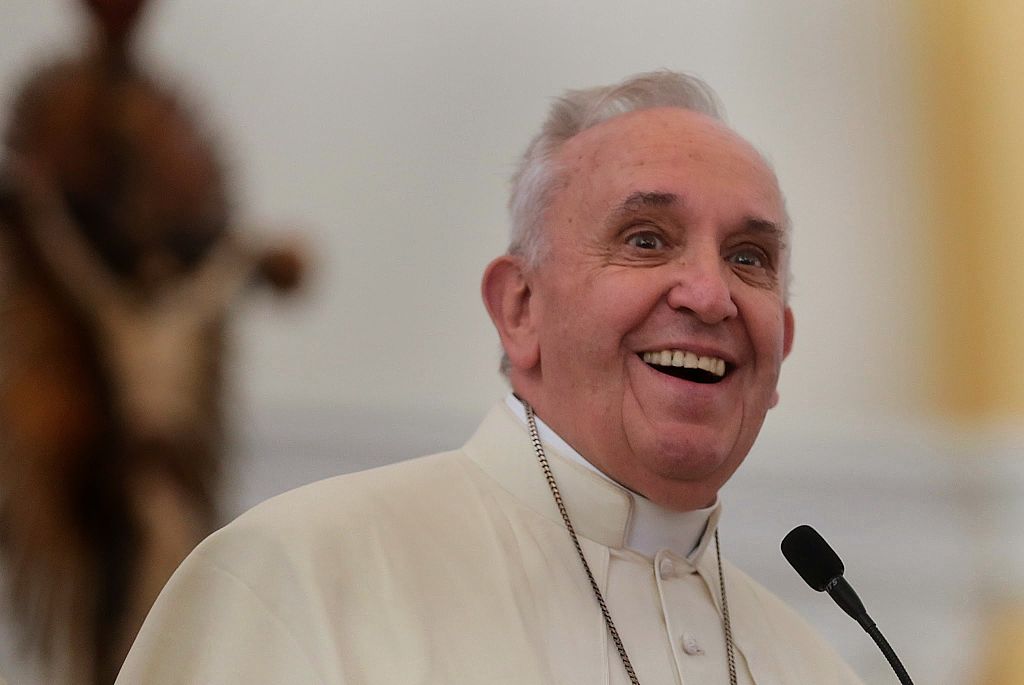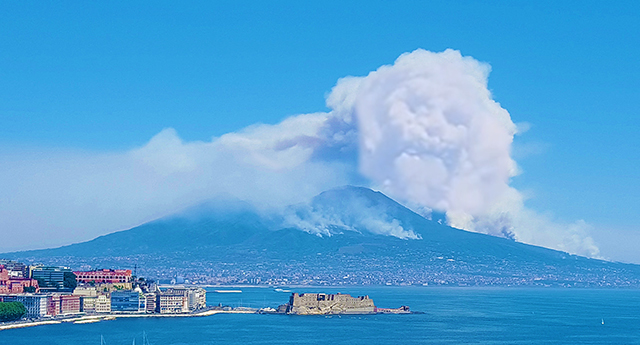Why are demonic possessions on the rise?
11/09/2015 / By Chris Draper
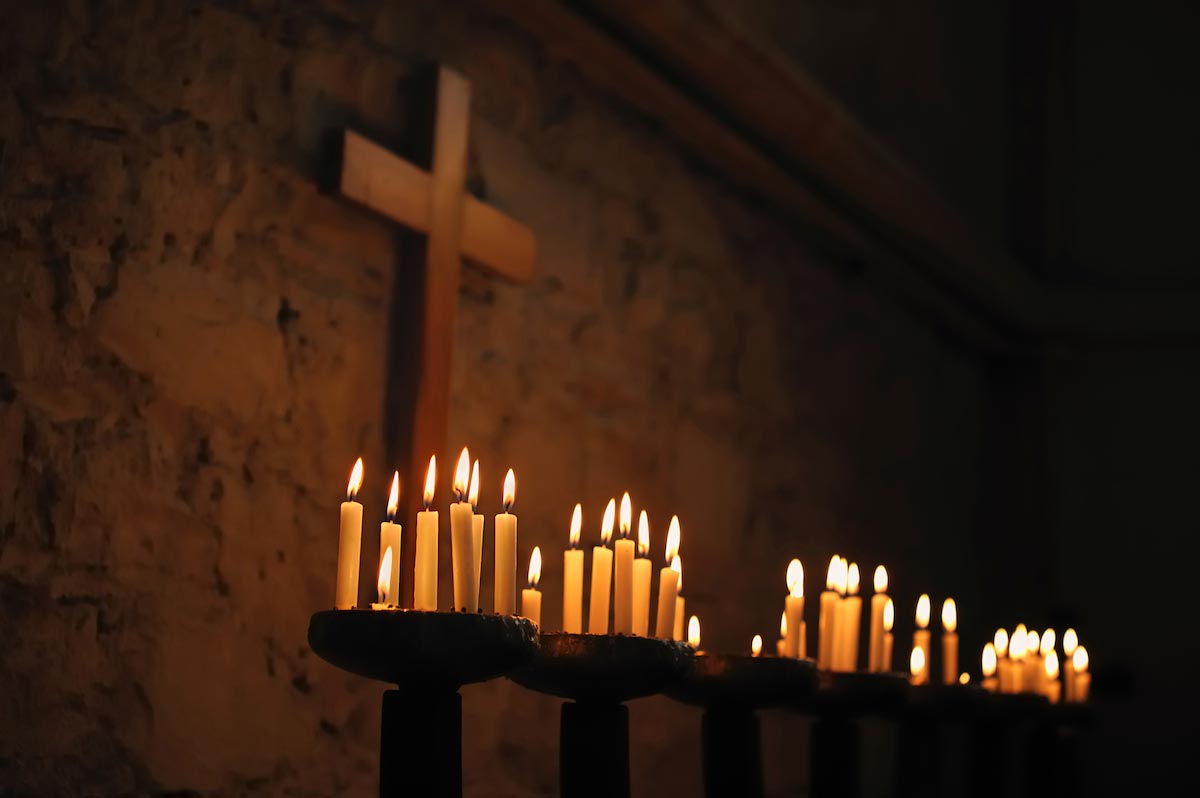
Exorcisms are on the rise. What was once considered an embarrassing mark on the Catholic Church’s record is back without apology. Has a daemonic plague gripped the world or are there other forces at work?
Part of the blame has to go to Pope Francis, who speaks frequently about the Devil and the reality of exorcisms. For instance, he told a delegation of Mexicans that the drug wars in their country were influenced by the Devil, attributed the conflicts in the Middle East to Satan, and in a sermon last June, scorned those who pleaded with him to defend the marginalized. More than two years ago, the Pope even performed an exorcism on a young man in the middle of St. Peter’s square.
But why does Pope Francis speak so freely about the Devil in comparison to previous Popes? The chief reason is grounded in Pope Francis’s roots. He had an upbringing in Latin America, where belief in the Devil is still part of popular piety in a way that is no longer the case in Europe.
Casting out daemons in the name of the Father, the Son and the Pope
Catholics are listening to the Pope. Consequently, there has been a spike in the demand for priests who can perform exorcisms after decades of decline, especially in Italy. The diocese of Milan recently increased the number of exorcist priests from five to twelve, and the Diocese of Rome doubled its exorcist team to ten. A group of Catholic bishops in Mexico, including an American bishop in Texas, specialize in performing exorcisms in parishioners possessed by the skeletal folk saint known as “Santa Muerte” (Holly Death).
Priests trained in exorcism claim they can distinguish between someone who is mentally ill versus someone who is genuinely possessed. Symptoms of daemonic possession include speaking in ancient languages, superhuman strength, levitation, an inability to be in contact with religious items, stigmata and the power to move objects with one’s mind.
Nevertheless, the demand for Pentecostal and Catholic exorcism was already on the rise well before Cardinal Bergoglio became Pope. Since the 1980s, competition with Pentecostalism fueled the formation of the cadre of Latin American priests affiliated with the Catholic Charismatic Renewal (CCR), a spiritual movement which specializes in exorcisms. The demand for exorcisms is so high in parts of the world that some priests, such as Fr. Marcelo Rossi in Brazil, celebrate “Liberation Masses” on a weekly basis.
Priests currently require special permission from their bishops to perform exorcisms — a right which is rarely granted. Behind closed doors, however, the CCR has been performing exorcisms without Church approval. Many Bishops feel these unofficial exorcisms threaten Church authority and have issued statements condemning the practice.
The expansion of the Catholic Charismatic Renewal
Ever since the CCR grew in the Global South, demand for physical healing and exorcism has experienced an exponential boom. In the Philippines, for instance, there is even a shortage of trained exorcists. The Archdiocese of Manila had to recruit dozens of new trained exorcists in order to keep up with the growing demand.
The Pope, along with other Charismatic Catholics, see the hand of Satan in various social vices, from drinking alcohol to watching soap operas. Exorcisms performed by the CCR aren’t like those performed by the Universal Church of the Kingdom of God and other neo-Pentecostals, where daemons are dramatically drawn out of the possessed by a priest.
So, are exorcisms truly on the rise? It all depends upon what you mean by exorcism. There is no doubt there has been a surge in the number of exorcisms performed in recent years. Nevertheless, many of these exorcisms have not been approved by the Church and as such, do not qualify as legitimate possessions. The resurgence in exorcism reports is largely a result of Pope Francis’s influence and the expansion of the CCR. Whether or not other forces outside the sphere of social influence are at work, however, remains an open question.
Sources:
Tagged Under: demonic possession, demons, exorcisms, PopeFrancis


